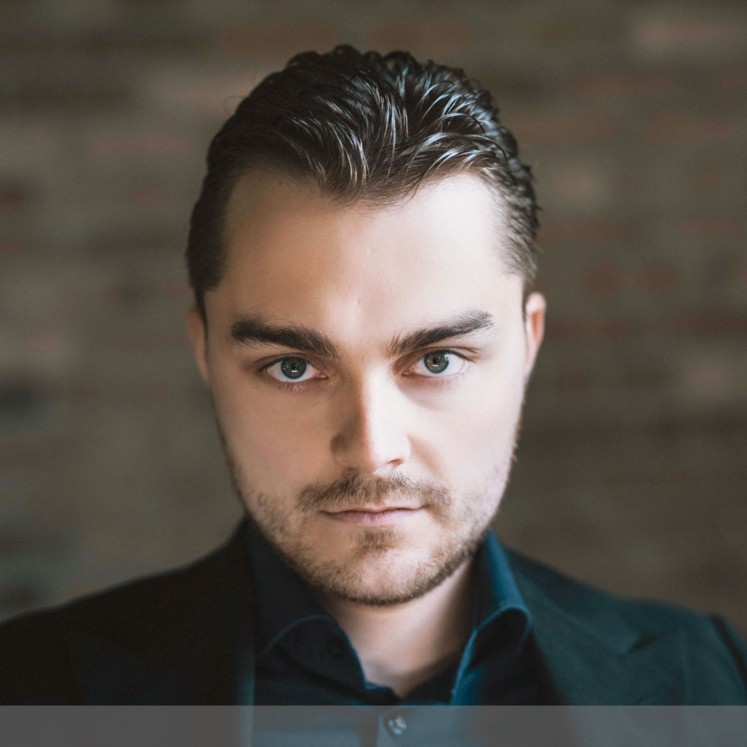
Vienna modern?
Vienna has always been a city characterised by fruitful tensions between past and future, the adherence to tradition on the one hand, the aspiration to be a modern cultural metropolis in tune with the times on the other. Whether it is Erich Wolfgang Korngold's Baby-Serenade with its jazz flair; Viktor Ullmann's restless, forward-thrusting piano concerto, composed in 1939, three years before the composer was deported to the Theresienstadt concentration camp; Karl Weigl's Tänze aus Wien (Old Vienna) from the same year, written from exile in America with a backward glance at his homeland; or Egon Wellesz' Symphony No. 4 in G minor, written with a mixture of yearning and melancholy after his emigration to England, and entitled Austriaca – all have this in common: in a variety of aspects, each in their own way, stands with one foot rooted in the tradition of the 19th century and the other in the midst of the progressive trends of their own time, all four of these works, written by composers who grew up in Vienna, pose the question; Wien modern?
The musical answer is provided by the Tonkünstler Orchestra under the direction of Constantin Trinks, assisted by the young Russian pianist Dmitry Shishkin, 2nd prizewinner of the International P. I. Tschaikovsky Competition in 2019
Erich Wolfgang Korngold (1897–1957)
Baby-Serenade for Orchestra, op. 24 (1928–29)
Viktor Ullmann (1898–1944)
Concerto for Piano and Orchestra, op. 25 (1939)
– Interval –
Karl Weigl (1881–1949)
Dances from Vienna (Old Vienna) for a large Orchestra (1939
Egon Wellesz (1885–1974)
Symphony Nr. 4 (Austriaca) in G minor op. 70 (1951–53)
Dmitry Shishkin | Piano
Tonkünstler-Orchester
Constantin Trinks | Conductor